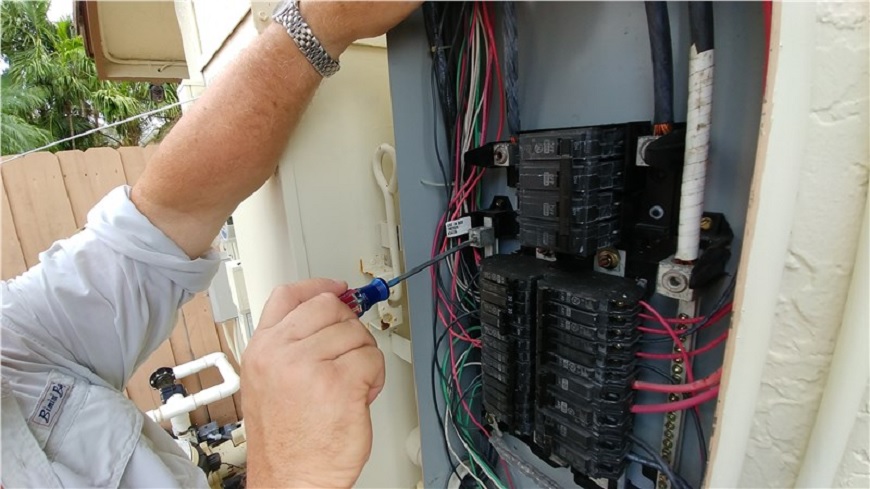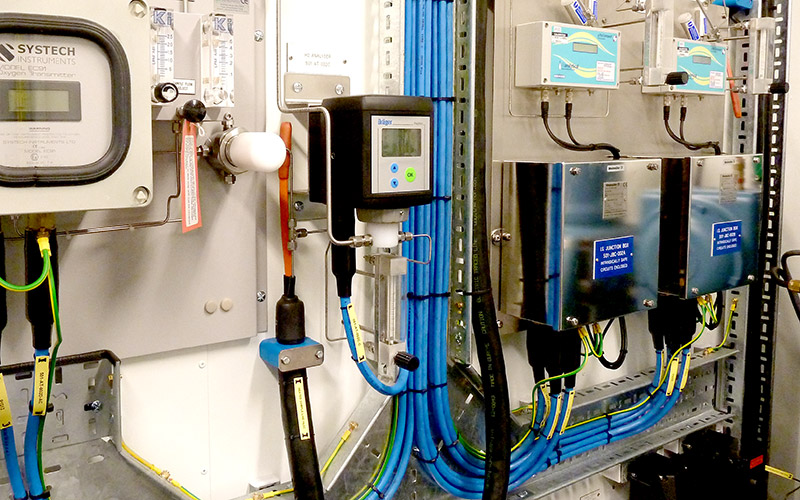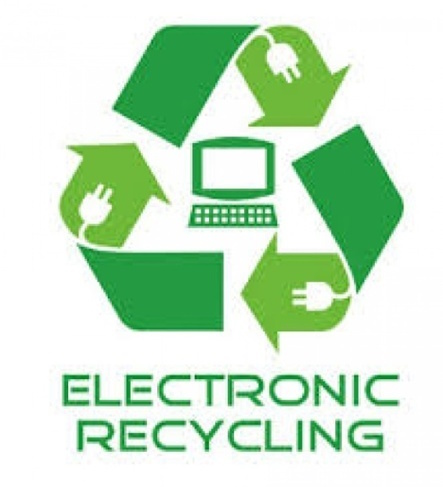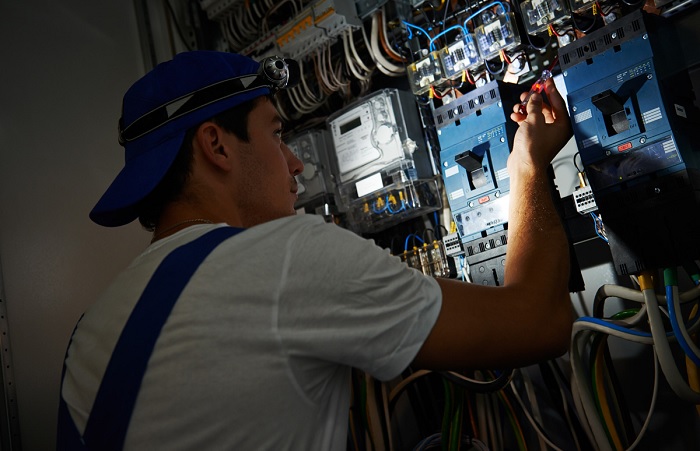
Brisbane North, like many regions, has seen a surge in the demand for electricians due to the rapid advancements in technology and the growing need for energy-efficient solutions. While the term “electrician” is often used as a broad category, it’s essential to understand the different specialties within this profession. If you’re looking to hire or understand more about electricians in Brisbane North, here’s a guide to the various types available:
- Residential Electricians:
- Role: These electricians specialize in installing, maintaining, and repairing electrical systems in homes.
- Common Jobs: Wiring new homes, installing outlets, fixing circuit breakers, and setting up home automation systems.
- Commercial Electricians:
- Role: They work on electrical systems in commercial buildings like offices, shops, malls, and other business establishments.
- Common Jobs: Installing lighting systems, setting up electrical systems for commercial equipment, and working on large-scale electrical infrastructure.
- Industrial Electricians:
- Role: Industrial electricians focus on systems in industries and manufacturing units.
- Common Jobs: Setting up and maintaining machinery, ensuring electrical safety in industrial units, and working with high-voltage systems.
- Maintenance Electricians:
- Role: Their primary job is to ensure that electrical systems continue to function smoothly and safely.
- Common Jobs: Regular check-ups of systems, replacing old wiring, and troubleshooting electrical issues.
- Electrical Installers and Repairers:
- Role: They specialize in specific electrical equipment.
- Common Jobs: Working on motors, transformers, or electronic gate systems.
- Electro-mechanical Technicians:
- Role: They work with electromechanical equipment, which includes anything that has both electrical and mechanical processes.
- Common Jobs: Maintaining and repairing elevators, escalators, or hybrid vehicles.
- Solar and Photovoltaic Electricians:
- Role: These electricians specialize in installing and maintaining solar panels and related systems.
- Common Jobs: Installing solar panels, connecting panels to the electrical grid, and ensuring the efficient functioning of solar energy systems.
- Low Voltage Electricians:
- Role: They deal with low-voltage systems like communication networks or alarm systems.
- Common Jobs: Setting up security systems, installing broadband services, or configuring wired communication networks.
- Marine Electricians:
- Role: These specialists work on electrical systems within boats, ships, and marine equipment.
- Common Jobs: Maintaining shipboard electrical systems, installing navigation equipment, and ensuring maritime electrical safety.
- Research Electricians:
- Role: They delve into the research side of electricity and find ways to innovate and improve existing systems.
- Common Jobs: Collaborating with scientists, developing new electrical technologies, and prototyping new electrical devices.
Conclusion: The world of electricians is diverse and complex, with specialists catering to specific needs and industries. In Brisbane North, as the community grows and evolves, the role of electricians becomes even more crucial. Whether you’re looking to build, maintain, innovate, or repair, there’s an electrician in Brisbane North perfectly suited for your needs.



